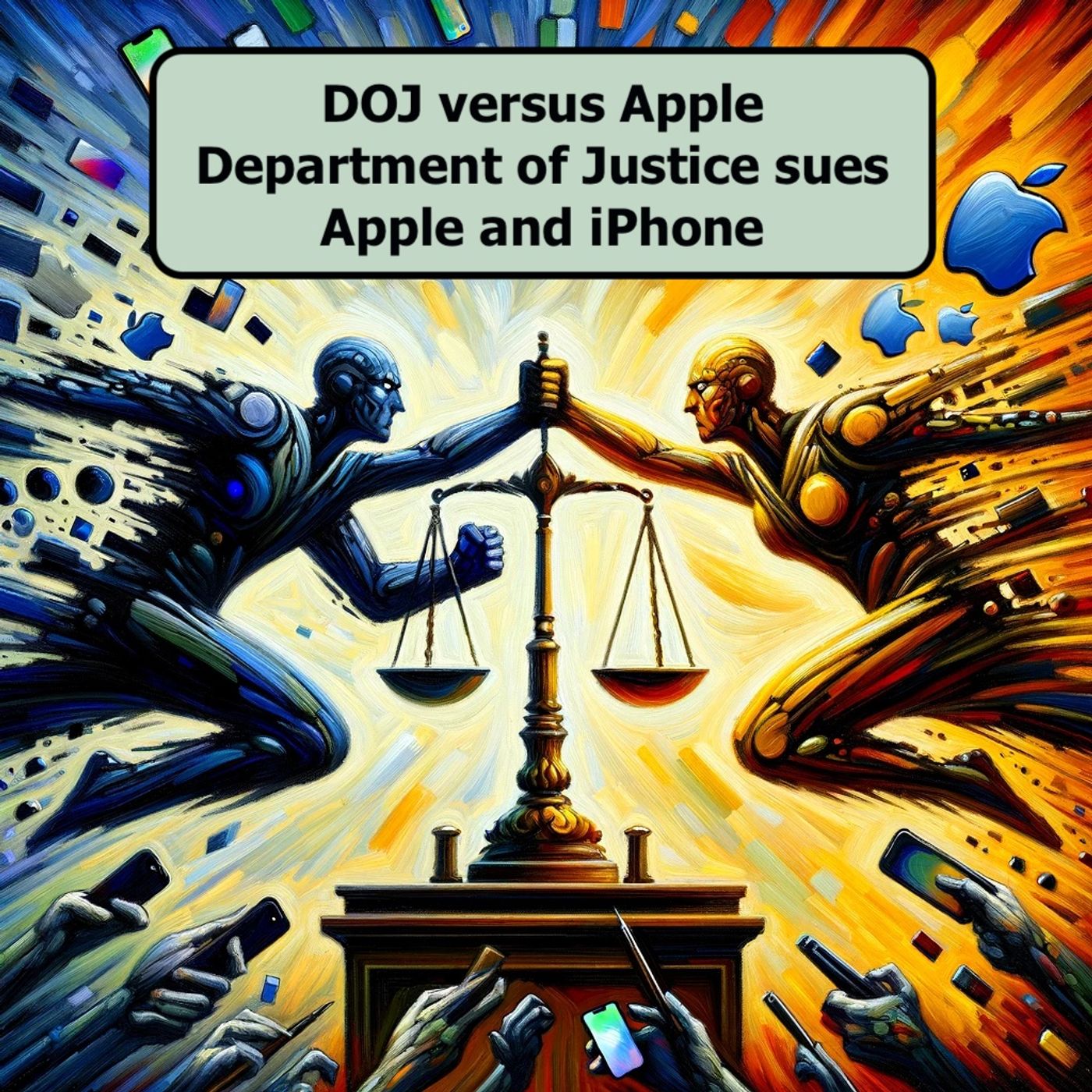Nov 22 2024 2 mins
In a significant turn of events, tech giant Apple is pushing for the Department of Justice (DOJ) to toss out a colossal antitrust case that it's currently embroiled in. The case stemmed from allegations revolving around the ubiquitous presence of Apple in the smartphone market which, as some perceive, amounts to a monopoly.
The antitrust lawsuit alleges that Apple, one of the most visible and influential players in the tech industry, has been using its market power to maintain a dominant position, notably in the smartphone sector. Based on these allegations, critics argue that such market dominance not just thwarts competition but results in an unfair marketplace.
The lawsuit holds potential to fundamentally reshape the tech industry and its modus operandi, if it reaches a verdict against Apple's alleged monopolistic approach. Potentially, the case could challenge the very core of Apple’s business model and significantly affect its growth trajectory.
However, in a firm rebuttal, Apple is urging the DOJ to consider dropping the accusations, pushing against the notion that it's maintaining a monopoly. The company has been extensively arguing that their actions are in line with a competitive marketplace where consumers constantly have a multitude of choices regarding their technological preferences.
Apple has long stood its ground against numerous criticisms and allegations, upholding its position that its marketplace practices align with the principles of the free market and fair competition. However, the weight of the DOJ behind these recent allegations adds a new dimension to the ongoing discourse about tech giants and their influence on the market.
The unfolding of the issue and the DOJ's future actions bear significant implications not only for Apple but, potentially, for other tech behemoths such as Google and Facebook as well. These ramifications could fundamentally tip the balance in the tech space, leading to sweeping reforms and regulatory measures on a scale not yet seen in the industry.
As the situation evolves, all eyes will be on the taut political and legal tug-of-war between one of the world's most valuable companies and influential governmental departments. The outcome could instigate a paradigm shift in the tech industry and beyond, making this an issue of global significance.
The antitrust lawsuit alleges that Apple, one of the most visible and influential players in the tech industry, has been using its market power to maintain a dominant position, notably in the smartphone sector. Based on these allegations, critics argue that such market dominance not just thwarts competition but results in an unfair marketplace.
The lawsuit holds potential to fundamentally reshape the tech industry and its modus operandi, if it reaches a verdict against Apple's alleged monopolistic approach. Potentially, the case could challenge the very core of Apple’s business model and significantly affect its growth trajectory.
However, in a firm rebuttal, Apple is urging the DOJ to consider dropping the accusations, pushing against the notion that it's maintaining a monopoly. The company has been extensively arguing that their actions are in line with a competitive marketplace where consumers constantly have a multitude of choices regarding their technological preferences.
Apple has long stood its ground against numerous criticisms and allegations, upholding its position that its marketplace practices align with the principles of the free market and fair competition. However, the weight of the DOJ behind these recent allegations adds a new dimension to the ongoing discourse about tech giants and their influence on the market.
The unfolding of the issue and the DOJ's future actions bear significant implications not only for Apple but, potentially, for other tech behemoths such as Google and Facebook as well. These ramifications could fundamentally tip the balance in the tech space, leading to sweeping reforms and regulatory measures on a scale not yet seen in the industry.
As the situation evolves, all eyes will be on the taut political and legal tug-of-war between one of the world's most valuable companies and influential governmental departments. The outcome could instigate a paradigm shift in the tech industry and beyond, making this an issue of global significance.
